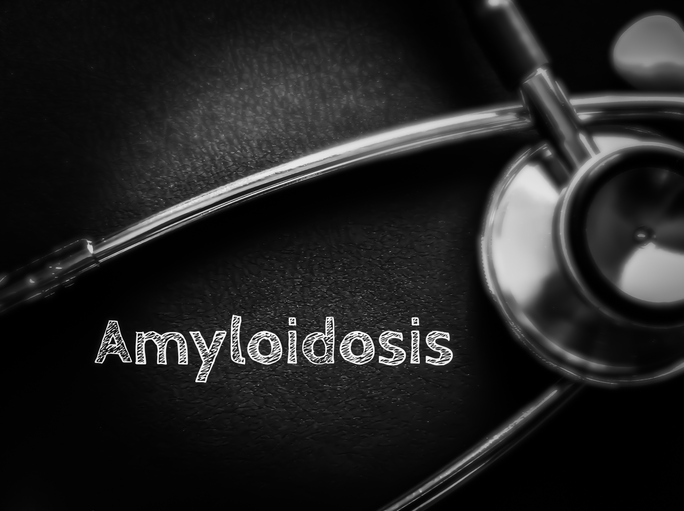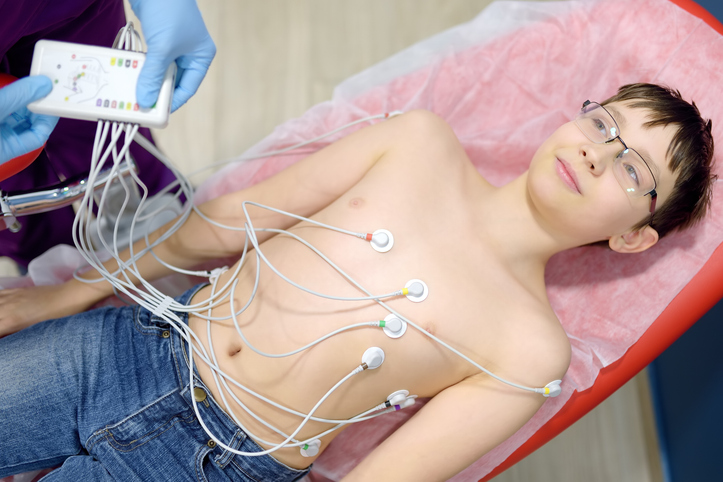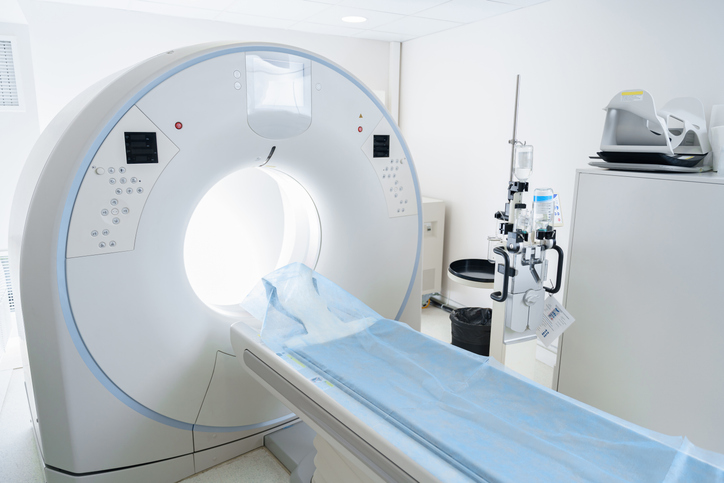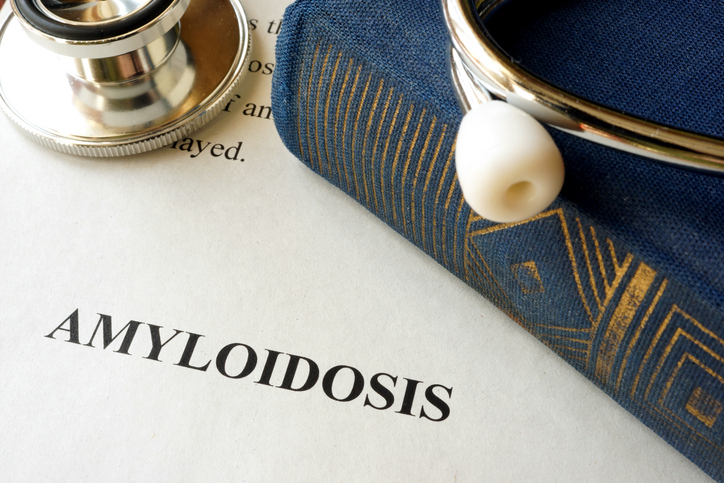
A high-intensity heart failure medication dosing regimen quickly after being hospitalized for acute heart failure lowers the risk of death and readmission in heart failure patients, according to a new study presented at the American Heart Association’s Scientific Sessions 2022.
Millions of people are hospitalized for acute heart failure worldwide each year. Heart failure comes with a 20% risk of re-hospitalization and a 5% risk of death within one month post-discharge, a 60% risk of re-hospitalization, and a 25% risk of death within one year post- discharge. Despite these dangerous risks, data suggest that many failure patients are not well monitored and may not be treated with full doses of all guideline-directed heart failure medications.
“The American Heart Association and the European Society of Cardiology both recommend that patients hospitalized with acute heart failure should receive optimal doses of three main classes of heart failure medicine (beta-blockers, renin-angiotensin inhibitors/angiotensin receptor-neprilysin inhibitors, and aldosterone inhibitors) and regular follow-up visits post-discharge,” said Alexandre Mebazaa, M.D., Ph.D., the study’s lead researcher and a professor of anesthesia and critical care at Université de Paris and chair of the department of critical care at Assistance Publique Hôpitaux de Paris, both in Paris, France via a press release. “However, low implementation of guideline-directed medical therapies has been a major problem for decades, and previous studies have found that optimal doses of these medications are only administered in 1% of heart failure patients in the U.S. Some studies also suggest that women are less likely than men to receive optimal therapy.”
In this analysis, called the STRONG-HF (Safety, Tolerability and Efficacy of Rapid Optimization, helped by NT-proBNP testinG, of Heart Failure Therapies) trial, Dr. Mebazaa and colleagues followed and analyzed more than 1,000 people (average age, 63 years, 61% male, 77% White) with heart failure after hospital discharge 90 sites worldwide between 2018 and 2022. They analyzed whether rapid use of guideline-directed of oral heart failure medications improved clinical outcomes. The population of interest were randomized to receive either usual care (536 people) or high-intensity care (542 people) just prior to discharge.
According to the results, heart failure readmission or all-cause death occurred in 15% of people in the high-intensity care group in comparison to 23% of patients in the standard care group, a statistically significant finding. Also, blood pressure, pulse, New York Heart Association (NYHA) class and levels of NT-proBNP improved more in the high-intensity care group.
“The high-intensity care strategy required an average of five visits within three months post-discharge, compared with one visit in usual care,” said Mebazaa. “Other reasonably sized and powered studies have examined intense follow-up, however, there was no impact on death rates or hospital readmission. More follow-up visits alone do not appear effective without rapidly increasing guideline-directed medicines to maximally tolerated doses.”
Dr. Mebazaa added that: “Patients in the high-intensity care group also reported improved quality of life, suggesting that this treatment strategy has benefits beyond mortality and hospital readmissions.”







 © 2025 Mashup Media, LLC, a Formedics Property. All Rights Reserved.
© 2025 Mashup Media, LLC, a Formedics Property. All Rights Reserved.